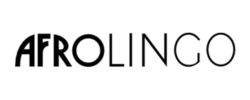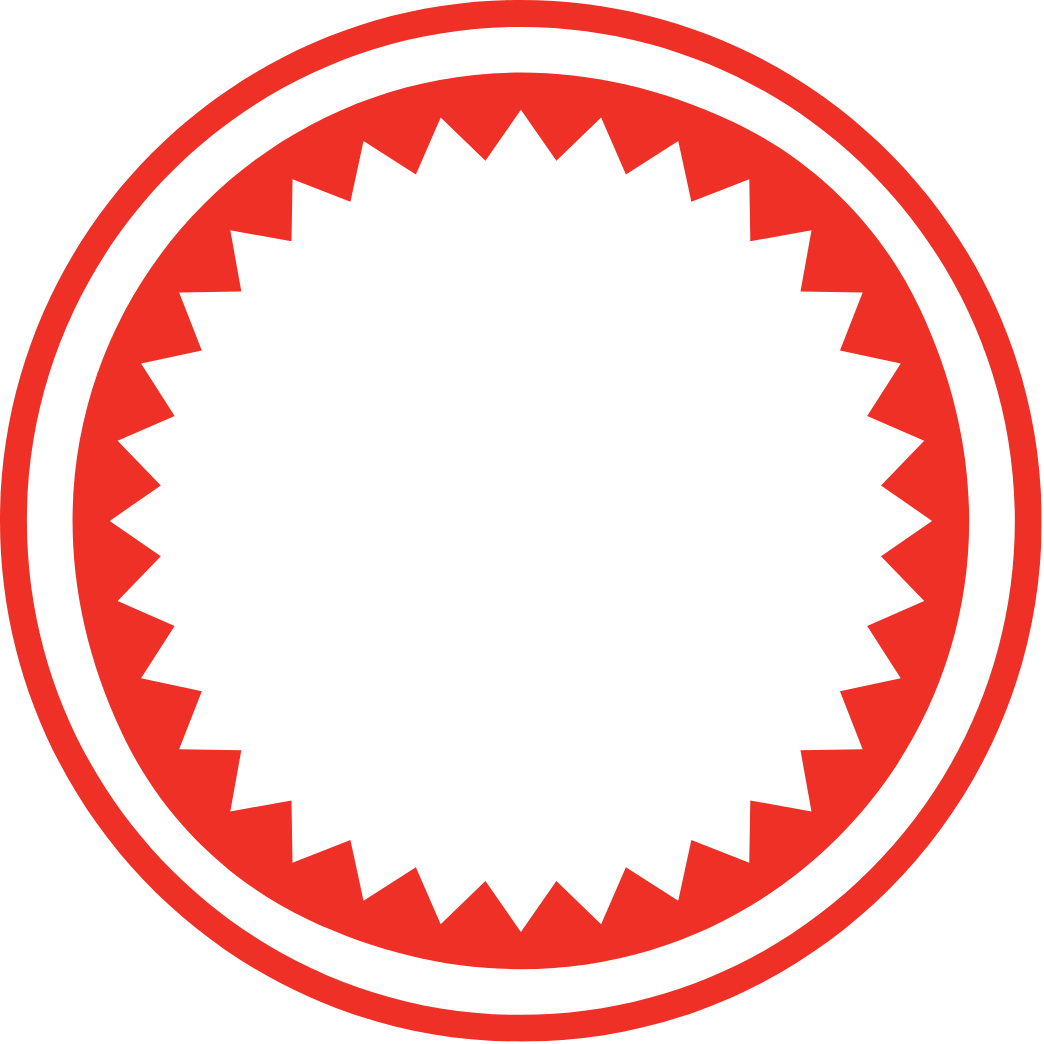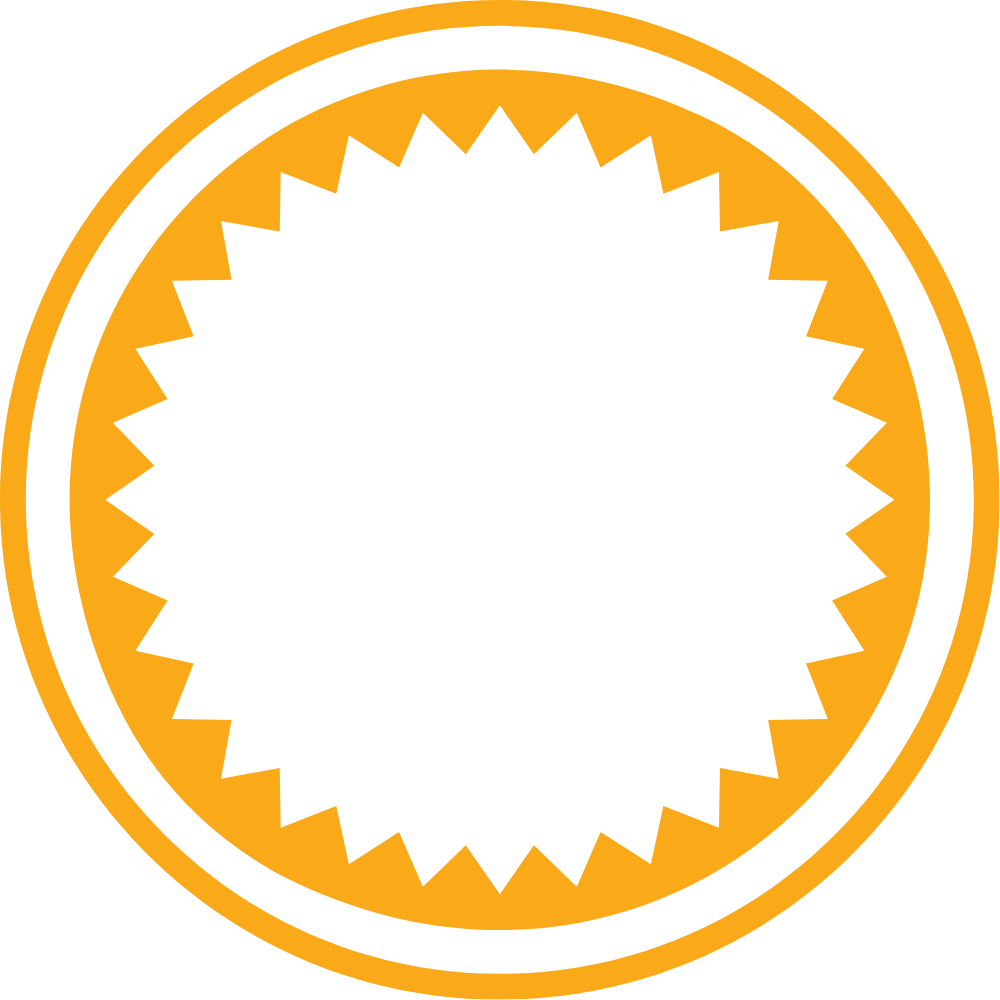Global brands often get intimidated by South Africa’s linguistic diversity, when actually this could be one of the greatest opportunities your business can tap into, expanding into new territories and connecting with audiences that are eager to connect with your brand.
Afrikaans and Xhosa are among the most influential languages driving consumer behavior and brand loyalty across the country. It’s why investing in Afrikaans to Xhosa translation is a pivotal strategy for companies looking to establish trust, relevance, and long-term success in South Africa’s dynamic market.
Coming up next, we explore the Afrikaans to Xhosa translation benefits and why your business needs it!
Understanding the Landscape: What You Need to Know About Afrikaans and Xhosa
You need an overview of these two dynamic languages to truly grasp the strategic importance of Afrikaans to Xhosa translation.
A Snapshot of Afrikaans
Afrikaans is one of South Africa’s 12 official languages and is spoken by almost 7 million people as a first language. It is a West Germanic language that evolved from Dutch, with an estimated 90% to 95% of its vocabulary being of Dutch origin.
Afrikaans is primarily spoken in South Africa and Namibia, but also has speakers in Lesotho, Botswana, Eswatini (previously known as Swaziland), and Zimbabwe. There are also Afrikaans-speaking communities in the UK, Canada, and Australia.
In South Africa, Afrikaans is the third most spoken first language and has a strong regional presence. It makes up around 41.2% of the Western Cape’s provincial population and is the majority language in the Northern Cape at 54.6%.
A Glimpse into Xhosa
Xhosa is a Nguni Bantu language famous for its distinctive click consonants. It is one of South Africa’s 12 official languages and the second-largest language in the country after isiZulu. Xhosa is spoken as a first language by over 8 million South Africans, with over 10 million people speaking it as a second language.
Most Xhosa speakers reside in the Eastern Cape, where 81.8% of the provincial population speaks it, with significant communities in the Western Cape, Gauteng, and other provinces. The language has several dialects that vary across different regions and communities.
How Does Afrikaans to Xhosa Translation Drive Business Growth?
The connection between language accessibility and business growth isn’t to be taken lightly; it’s measurable, trackable, and directly impacts your bottom line.
Market Access That Changes Everything
South Africa doesn’t just have 12 official languages; it has 12 massive business opportunities. For brands, this isn’t just a linguistic challenge; it’s a strategic opportunity.
Each language has its own culture, consumer behavior, and buying psychology. Each language opens the door to a different segment of the population, and with that, new customers, brand advocates, and long-term growth potential. That’s why following the “English fits all” rule is not a smart move here; in fact, it can actively limit your market reach and revenue growth.
While English is often used in business and government, it’s the first language for less than 10% of the population. That’s why many South Africans feel more comfortable and are more likely to engage with content in their mother tongue.
This one-language strategy can erode trust. It signals to customers that the brand isn’t invested in their culture or local context. And in markets where brand affinity and word-of-mouth are crucial, that can hurt both your reputation and your revenue.
This is where the power of language translations comes into play.
Most locals are fluent in at least two languages, with Zulu, Xhosa, and Afrikaans leading the pack. If your brand is only speaking one language, you’re likely missing out on critical customer touchpoints.
Let’s talk about numbers.
According to CSA Research’s consumer research, 73% of shoppers prefer products offered in their native language, while 67 % can tolerate dealing with mixed languages.
However, what is shocking is that you could lose 40% of potential customers if your product isn’t in the native language of the market where you are targeting. That’s nearly half your market—gone.
In the context of South Africa, around 80% of African buyers would rather purchase products in their native language.
With that in mind, when you translate Afrikaans to Xhosa, you’re unlocking access to millions of potential customers who prefer engaging with brands in their mother tongue!
In other words, your Afrikaans to Xhosa translation services are the key that unlocks:
- Build a Loyal Customer Base (Engagement and Retention):
Communicating in someone’s native language fosters a deeper connection. When Xhosa speakers see content accurately translated into their language, they feel understood and valued. This builds trust, leading to increased customer engagement, loyalty, and retention. - Enhance Brand Relevance and Impact through Language Localization:
Localization is more than just word-for-word translation; it’s about adapting your message to resonate culturally. An Afrikaans to Xhosa translation that considers cultural traces ensures your brand message is positively received. This significantly boosts your brand’s relevance and impact within the Xhosa-speaking communities. - Improve Customer Experience: From product descriptions and user manuals to customer support and marketing campaigns, providing information in Xhosa significantly improves the overall customer experience for Xhosa speakers. This can lead to higher satisfaction rates and positive word-of-mouth referrals.
- Gain a Competitive Edge:
While many businesses might operate in English or Afrikaans, those that proactively offer quality translations in Xhosa will stand out. This differentiation can be a powerful competitive advantage in a crowded marketplace.
The strategic decision to invest in Afrikaans to Xhosa translation services is an investment in your business’s future in South Africa.
The Top 2 Challenges of Afrikaans to Xhosa Translation (And How the Right Language Strategy Changes Everything)
While the benefits are clear, achieving cutting-edge translation between Afrikaans and Xhosa isn’t without its challenges.
Challenge#1: The Linguistic Complexity You Must Navigate
Afrikaans and Xhosa come from completely different linguistic families. Both languages have their own specific grammatical rules, sentence structures, and idiomatic expressions.
For instance, Xhosa is an agglutinative language featuring a complex noun class system, a stark contrast to Afrikaans’s Germanic roots. This complexity means direct online translation tools, or even inexperienced translators, may struggle to capture these distinctions correctly, often leading to awkward or nonsensical translations.
Idiomatic expressions present another significant hurdle. A phrase like “Gooi jou kop nat” in Afrikaans, literally “throw your head wet”, but meaning to face reality, would be meaningless if translated word-for-word into Xhosa.
Challenge#2: The Cultural Context Challenge
Language and culture are inseparable partners in effective communication; ignore the cultural context, and even perfect translations can fall flat with your target audience! This is where many businesses stumble, mistaking linguistic accuracy for cultural relevance.
Cultural references deeply embedded in marketing slogans, humor, and anecdotes often rely on shared cultural context. What resonates as engaging within an Afrikaans culture might be irrelevant or even misunderstood in a Xhosa cultural context, and vice versa.
That’s why there is no better Xhosa to Afrikaans translation tool than a skilled Afrikaans translator who can translate from Xhosa and will be acutely aware of these subtle but crucial differences.
The Key: A Thoughtful Translation Strategy, Powered by Local Experts
Building a translation strategy that delivers real business results requires more than good intentions—it demands systematic planning, professional partnerships, and technological integration. The companies that excel in multilingual markets treat translation as a core business capability, not an afterthought. Here are some tips to consider while creating your translation strategy:
- Choose Professional Partners: Horses for courses, they say, and when it comes to handling Afrikaans to Xhosa translation, that can’t be any more accurate! There is a reason why most successful businesses don’t try to handle Afrikaans to Xhosa translation in-house or use online translation tools. Instead, they collaborate with professional translation services.
- Prioritize Native Speaker Expertise: Seek out translation partners with teams composed of professionals from regions where both languages are native. Companies like Afrolingo exemplify this approach – combining global reach with locally-rooted expertise ensures native speaker precision in both Afrikaans and Xhosa, along with deep cultural understanding.
- Integrate Translation from Day One: Treating translation as an afterthought leads to mediocre results. Companies dominating multilingual markets build language considerations into every aspect of their content strategy from the start. This integration approach ensures consistency, efficiency, and superior end results.
- Plan for Consistency Across Languages: Develop style guides and terminology databases that work across both languages, ensuring your brand voice remains consistent whether customers encounter you in Afrikaans or Xhosa.
Final Thoughts
In the South African market, Afrikaans to Xhosa translation is a strategic lever for growth and connection. It will give your business the push it needs to authentically engage with the consumers and open new opportunities. Ready to ensure your message resonates flawlessly in both Afrikaans and Xhosa? Let’s have a talk on how to help your business expand in the South African market.
FAQs
What are the Afrikaans to Xhosa translation services?
Afrikaans to Xhosa translation services encompass professional linguistic solutions that convert written and spoken content from Afrikaans into Xhosa while preserving meaning, cultural context, and intended impact. These services include document translation, website localization, marketing material adaptation, and business communication translation.
What are the Xhosa translation services?
Xhosa translation services provide comprehensive language solutions for businesses and organizations needing to communicate effectively with Xhosa-speaking audiences. These services include translating documents, websites, marketing materials, legal texts, and technical content from various source languages into Xhosa, ensuring cultural appropriateness and linguistic accuracy.
What are Afrikaans translation services?
Afrikaans translation services offer professional language conversion from Afrikaans to other languages and vice versa. These services typically include business document translation, website localization, marketing content adaptation, technical manual translation, and certified translation for legal and official documents.
What are the top African languages?
The top African languages by speaker population include Arabic, Swahili, Yoruba, Igbo, Hausa, Zulu, Xhosa, Afrikaans, Amharic, and French (in former French colonies). In South Africa specifically, Zulu, Xhosa, Afrikaans, English, and Northern Sotho rank among the most widely spoken languages, each representing significant market opportunities for businesses.
